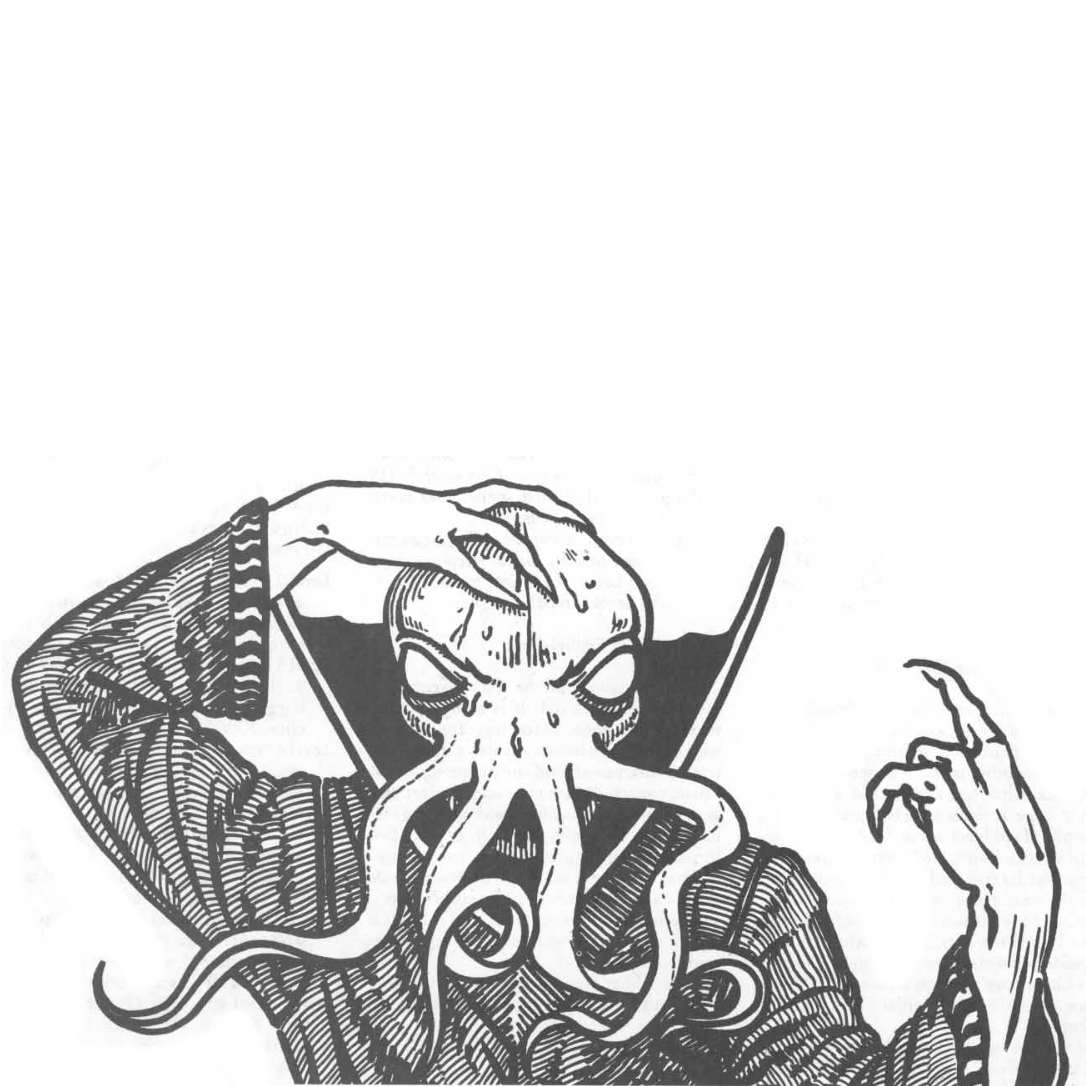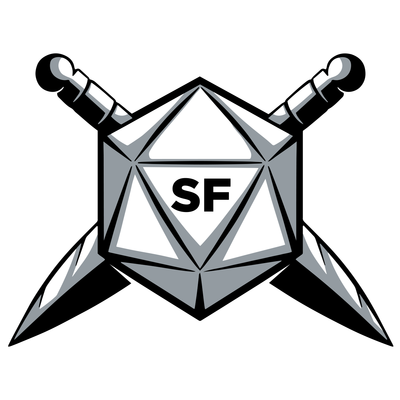This is a question for TTRPG GMs. What RPG books, supplements, or accessories do you find yourself using year after year? Which RPG products provide the biggest regular impact at your table?
A wet erase map probably. Though I don’t know if that’s an ‘accessory’ since it’d be like saying dice, or notebooks are accessories they are so central to the whole thing.
I think one thing I really like since about last year is ‘origami’ miniatures i.e. miniatures folded out of paper, there’s just something that speaks to me when I put down a bunch of paper frogs or a paper dragon as a miniature. They are ‘abstract’ but honestly it’s not like it needs to be super detailed. Plus I don’t have to worry about it getting damaged or lost, plus I can give it to people, which if you are running a game for kids, you’ll want to bring more than just one paper dragon miniature.
As for supplements I quite like the Book of Challenges from 3.5e and WallyDM’s Journal of Puzzle Encounters both help me with just coming up with challenges and puzzles since I can page through it a bit then make a new puzzle/challenge.
A wet erase map probably
Second this. probably the most used accessory i have. Others come and go, but that vinyl map i’ve had kicking around for 20+ years is still used almost every game.
…i’m tempted to say physical dice, but in truth i have many sets and switch them out for each campaign, so my most-used accessory is probably my nice padded rolling tray, followed closely by my staedler stick eraser…
…my most-used books, despite my meticulously-curated physical and PDF libraries, have turned out to be the player’s handbook and dungeon master’s guide on DnDbeyond; i always keep them open on an ipad stand during gameplay because it’s really tough to beat indexed hypertext for ready-reference during gameplay…my players use the heck out of my shared campaign subscription, but it’s becoming tougher now that DnDbeyond defaults to 2024 rules, so that use pattern may well change as the platform evolves…
…even as a player, though, i feel like a good DM’s screen might be quicker!..the problem of course is tabletop real estate, but it seems like there’s an untapped market for player’s reference screens during remote sessions, where most folks have more tabletop real estate to play with physical accessories…
…i’m considering crafting a player’s reference screen with panels focused on core rules, house rules, and class rules which can be readily swapped-out…
For d&d? 5e.tools’s DM screen on a laptop is excellent, it has an encounter tracker, calendar, dice roller, and I can pin whatever rules and statblocks I need this week.
Also a giant battle mat is really useful.
Monster tokens are probably one of my “unsung heroes” of gaming when it comes to travel; I know people (myself included) probably always go to with minis, but if i’m going to a convention, traveling for the holidays, etc. tossing a whole pile of tokens into a bag make for great addition. No particular brand, just whatever i’ve picked up over the years.
My favourite brand of tokens is Skittles.
I use blank dice in different colours and I can write on them with the wet erase markers I draw the battle map with!
It’s really convenient and allows for player expression on their dice, as well!
I’m primarily playing Pathfinder 2 these days, so I make a lot of use out of digital resources like Pathbuilder and pf2easy.com. I also lean pretty heavily on Trilium for session prep and notes, but I’m a chronic over-preparer and struggle with improvising the world on the spot.
I use a lot of roll tables during prep. I have several of the Gamemaster’s Guide to ____ books on my shelf that I pull out whenever I’m wireframing a dungeon, and I have a lot of the Raging Swan pre-built settlements that I leaf through and drop into my world when the players need a town to come across.
I also find myself turning to GM advice books every few months, just to skim over things. Right now, So You Want to be a Game Master, Robin’s Laws of Good Game Mastering, and Return of the Lazy Dungeon Master (Eh? Ehhhhh?) seem to be the ones that end up on my desk. I can safely assure you, one of the advice sinks in, but I usually have my best streaks of sessions after reviewing things like these.
I also find myself returning to modules from 3.x. They were the ones I first played, and they’re (mostly) pretty easy to convert to PF2. We’re currently just wrapping up Forge of Fury – or we will, once I finish converting the Allip.
I don’t put much stock into generic gaming aids.
The worst single product for it is the 5E DM guide, because it has next to no useful information in it.
I think for digital gamin,g it has to be foundry. If there is a module for your game of choice, then it’s just better then Roll20. The Fabula Ultima module is pretty great.
Roll 20 is a honorable mention because the bar of entry to it is so damn low. It is a pile of jank though.
My graphics tablet is also a great too, I sometimes just sketch things for my group in real time. The same thing can be done with a whiteboard in your gaming room for physical games.
deleted by creator
Lately, Discord seems the unifying tool among all my tables. I’m currently playing 2300AD, Firefly RPG, and Storycaster. So not really conventional games.
I keep going back to the Fate core and supplement books. They just have such good GM advice.
Historically it would be either my 2nd edition Werewolf the Apocalypse book, Paladium Fantasy Core book, or WEG’s Star Wars d6 core book.
Currently my 5e.2024 PHB.
Having scrap paper and pencils on hand is my go to. Even running online it’s nice to have and I find, if I don’t have it, I end up needing it.
Shawn Tomkin’s Ironsworn series. Delve I regularly use for setting up point crawls. Ironsworn/Starforged/Sundered Isles have great collections of random tables, I use the book thematically most fitting for the situation at hand. The core tables of Action, Theme, Descriptor and Focus all get heavy use.
Kevin Crawford’s [SOMETHING] Without Number series have awesome tables as well. These however get more use when I need more detail. Prep stuff. Again most thematic book is picked first but I do have used Cites (cyberpunk) for fantasy cities.
When I want to create background for “medieval fantasy” characters I pick up Burning Wheel and burn something up. Through that I get a good selection of relevant skills to sue (for flavor)
Anything related to cosmos and mythology I say HELLO! to my growing collection of Glorantha material. From cult books to magic tomes and Atlases.
Kind of neat to see you on lemmy. I’ve purchased Return of the Lazy Dungeon Master and have watched some of your youtube videos, the 1 year of shadowdark was informative as I just started a Shadowdark version of Keep on the Borderlands.
I have done online only since the pandemic so GIMP, Inkarnate, Roll20, and ZIM Desktop Wiki are pretty essential for organizing as well as digital table-top for play.
I own and frequently use the (Stars/Worlds/Cities) without numbers books often depending on the genre for procedural world-building but I was recently gifted Microscope and im sorry did you say street magic so I’m looking forward to making the shift towards collaborative world building with the players.
Also from the SWN book are the faction rules which are broadly applicable.
Finally I usually reread the Mothership Wardens Operations Manual before I do my October horror one-shots
While I haven’t yet purchased Justin Alexander’s So you want to be a game master, I have extensively read his blog, and often reread it when creating for a new campaign.
Thank you!
I find myself pulling in things from all over the place. Worlds Beyond Number has great generator tables to build adventures from, and Dangerous Destinations etc are great for scaffolding locations on the fly. I also use the interlinking utility of OneNote for my GM notes, which helps a lot in my sandbox games to remember who did what, where, why, etc.
Playing PF2e mostly these days and the Archives of Nethys are my life raft. I would be utterly lost without them. That and Pathbuilder to help have a handy character sheet accessible for theory crafting or whatnot.
Otherwise, I use the compendium in Foundry to look up conditions or rules on the fly.
Although when I GM I use Notion for prep, Lazy Dungeon Master’s Guide for some guidance here and there, and just a lot of flying by the seat of my pants. :B
@Suck_on_my_Presence @rpg yay!
Woah! A celebrity!
Hey Sky, I just want to thank you tons for all the work that you do. The scaffolding you built into Notion alongside the book have really been a life saver and an eye opener.
<3








